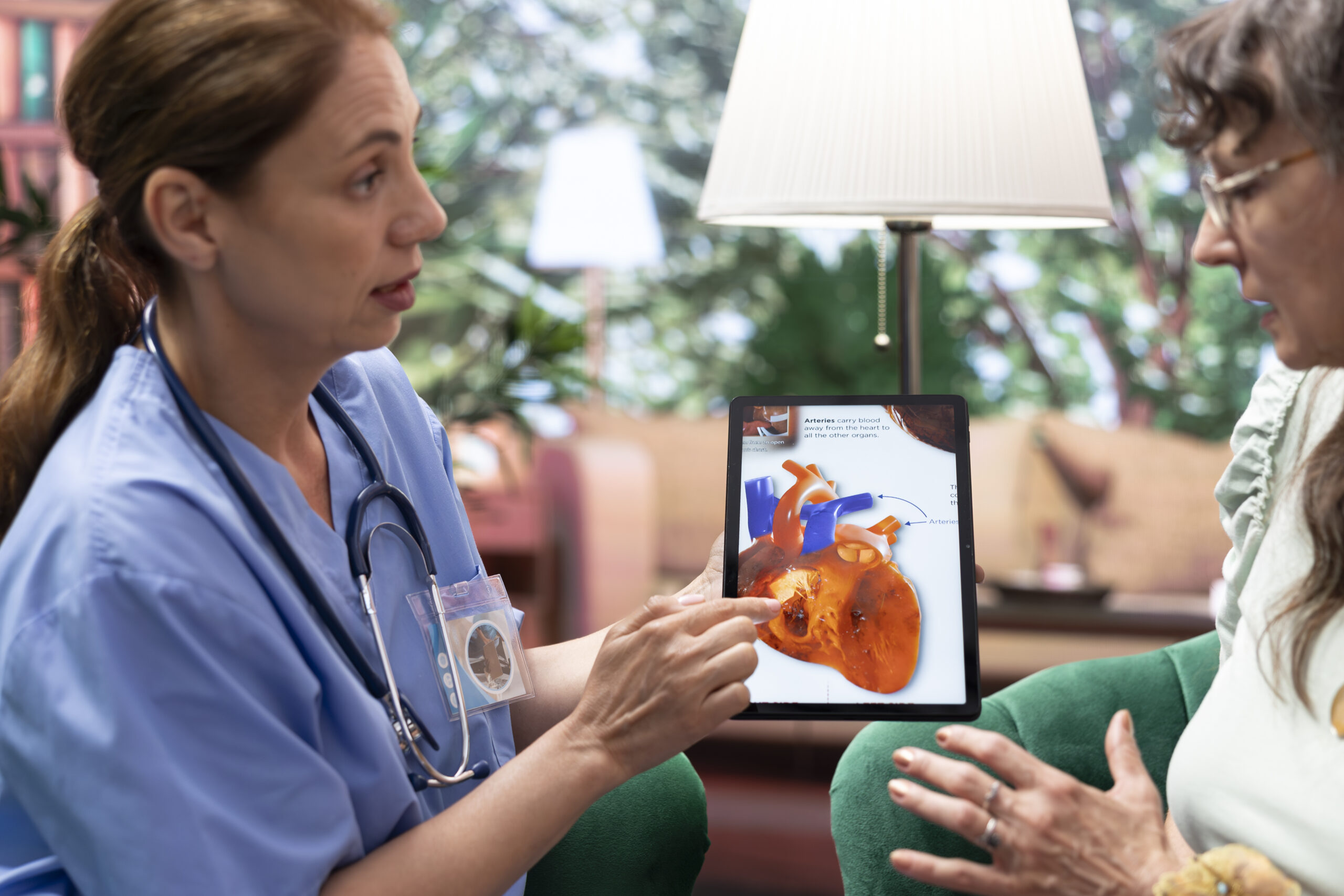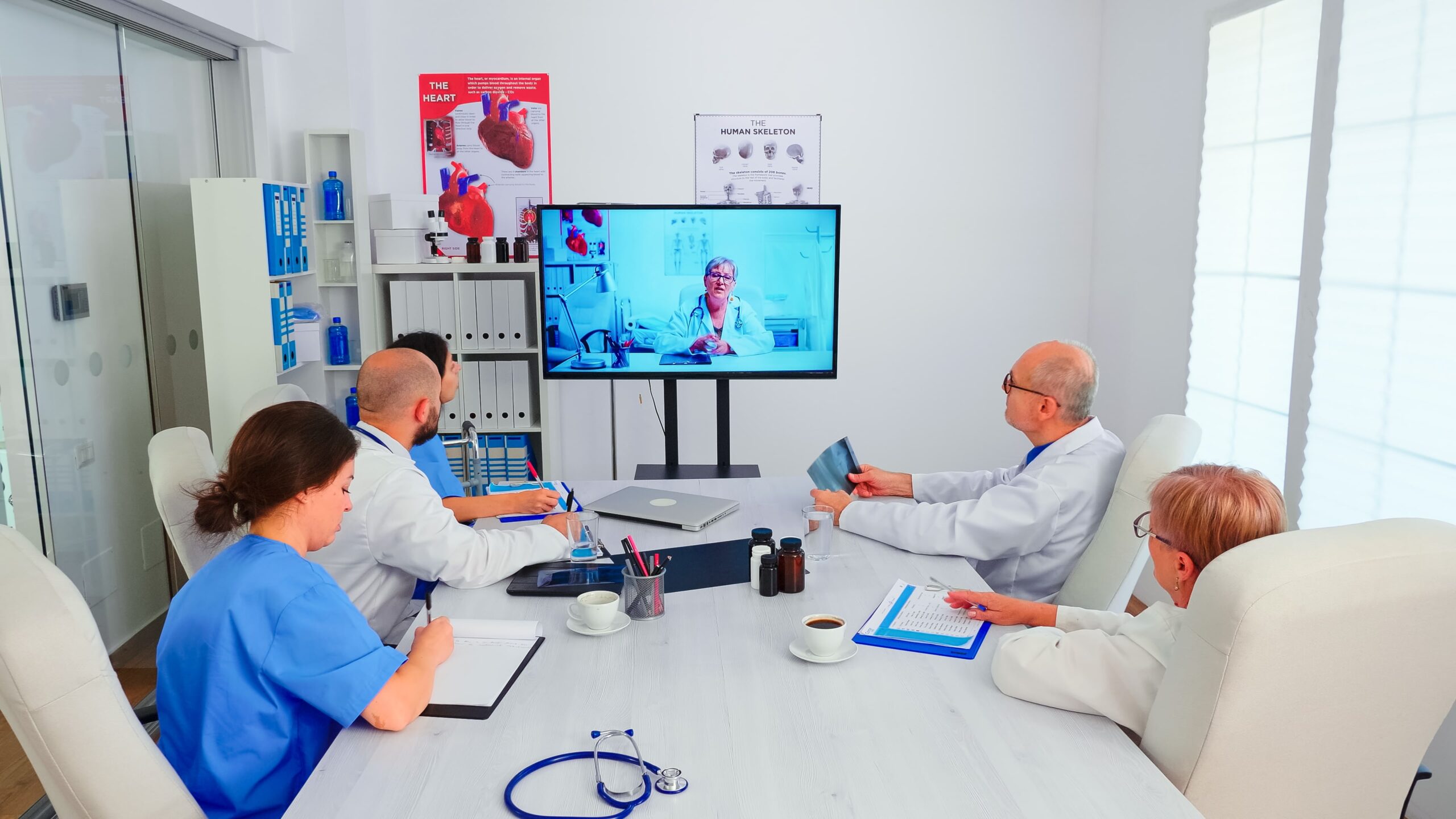The Ultimate Cardiology EHR Implementation Guide: A Step-by-Step Roadmap
Understanding the specific requirements of your cardiology practice is the foundation of successful cardiology EHR implementation. Here’s your guide to doing it right.
Read MoreHow to Transition from Generic EHR to Cardiology-Specific EHR Software
Discover how transitioning from a generic EHR to a cardiology-specific EHR software, can enhance practice efficiency, improve patient care, and streamline cardiovascular workflows.
Read MoreHoliday Downtime? Here’s How to Upgrade Your Cardiology EHR System
The holiday season often brings a quieter period for cardiology practices, with fewer patient appointments and a less hectic schedule. This downtime offers the perfect opportunity to focus on internal improvements, such as upgrading your cardiology EHR system
Read MoreWhy Cardiology Practices Should Adopt Value-Based Care Models
Learn how value-based care can enhance patient outcomes, improve healthcare efficiency, and boost revenue potential.
Read MoreWhy Interoperability is Key to Personalized Treatment Plans in Cardiology
Learn why interoperability is key to personalized treatment plans in cardiology, improving patient outcomes and enhancing care coordination.
Read MoreHow Do the New HIPAA Laws Impact My Cardiology Clinic?
HIPAA regulations ensure every healthcare provider is accountable for the confidentiality and protection of patient data. Cardiologists deal with some of the most intimate aspects of a person’s health, from heart conditions to life-saving interventions. Cardiologists have a responsibility to safeguard patient data with the utmost
Read MoreHow Interoperability Can Streamline the MIPS Reporting Changes
Efficient data management and interoperability are crucial for navigating regulatory requirements and optimizing performance in healthcare programs like MIPS (Merit-based Incentive Payment System), especially given the industry’s constant changes. With the recent changes to MIPS reporting requirements, healthcare providers seek innovative solutions to streamline their reporting
Read MoreHealthcare Interoperability Considerations We Can’t Ignore in 2024
Interoperability was established as a key facet of the World Health Assembly’s resolution WHA71.7, a global initiative to improve healthcare delivery by adopting a person-centric approach to digital health solutions. And as more regulations around patient access, data use transparency, and security emerge, it’s clear that
Read More7 Trends for 2023 Cardiology EHR Software
Cardiology is an evolving field, and staying ahead with the latest technological advancements is paramount in delivering efficient, top-notch care. Embracing and implementing cutting-edge technologies allows cardiologists to provide the highest quality care and stay at the forefront of medical advancements. Electronic Health Record (EHR) software
Read More7 EHR Interoperability Tips for Outpatient Care
In the dynamic realm of outpatient care, healthcare providers frequently encounter the need to exchange crucial patient information and records with fellow medical professionals. Such a demand underscores the importance of seamless and efficient communication among all parties to ensure an optimal healthcare experience for patients.
Read More








